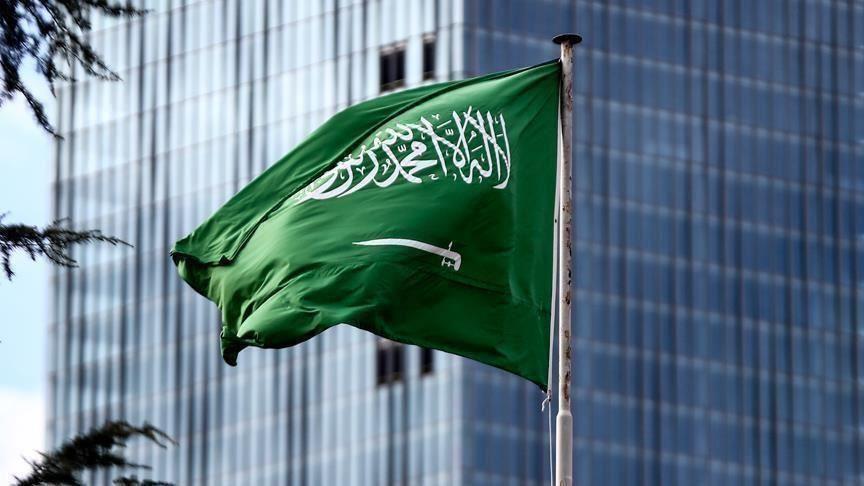Crude oil prices were up on Tuesday and recovering from more than a 5% decline from the previous trading session when Saudi Arabia announced it would end its voluntary crude production cut this month.
International benchmark plummeted 5.8% to close Monday at $40.80 per barrel, having traded at $41.21 a barrel at 0602 GMT for a 1% gain.
American benchmark West Texas Intermediate (WTI) lost 5.4% to close on Monday at $38.19 a barrel, from trade at $38.67 per barrel at the same time for a 1.2% increase.
Saudi Arabia, OPEC's de facto leader and the world's biggest crude exporter, said Monday it would end the voluntarily curbing of its oil production by the end of June.
"Voluntary cut served its purpose and we are moving forward," Saudi Arabia's Energy Minister Prince Abdulaziz bin Salman said Monday in an OPEC+ press conference held via webcast.
The kingdom had begun voluntarily lowering its crude output by an additional 400,000 barrels per day (bpd) from Jan. 1, on top of the mandatory output cut of 1.7 million bpd under the OPEC+ agreement.
The group which includes OPEC and non-OPEC nations agreed in April to lower collective production by 9.7 million bpd until the end of June, and on Saturday, an agreement to extend this deal until July 31 was made.
When Riyadh first introduced a voluntary cut in December 2019, it said it was dependent on the compliance of other OPEC+ members to their respective output quotas.
Yet, not all OPEC members adhered to their quotas in May and June, as Iraq and Nigeria produced more than their quota allowances.
Another major reason for Monday's price decline was the restart of crude production in Libya's largest oil field, El-Sharara, with an initial capacity of 30,000 barrels bpd.
Expected to reach full production within 90 days, the El-Sharara oilfield can produce more than 300,000 bpd of crude, forming roughly one-third of the oil-rich country's production, according to the country's National Oil Corporation (NOC).
Investors on Monday have started pricing in the possibility of El-Sharara reaching maximum output in three months, which would contribute to a fall in prices. However, it is yet unknown whether Libya will be asked to become a part of the OPEC production curb deal in the second half of 2020.
Speaking of this possibility on Monday, Saudi Arabia's bin Salman said "it would be unproductive to engage them [Libya] in their early days."
By Ovunc Kutlu
Anadolu Agency
energy@aa.com.tr


